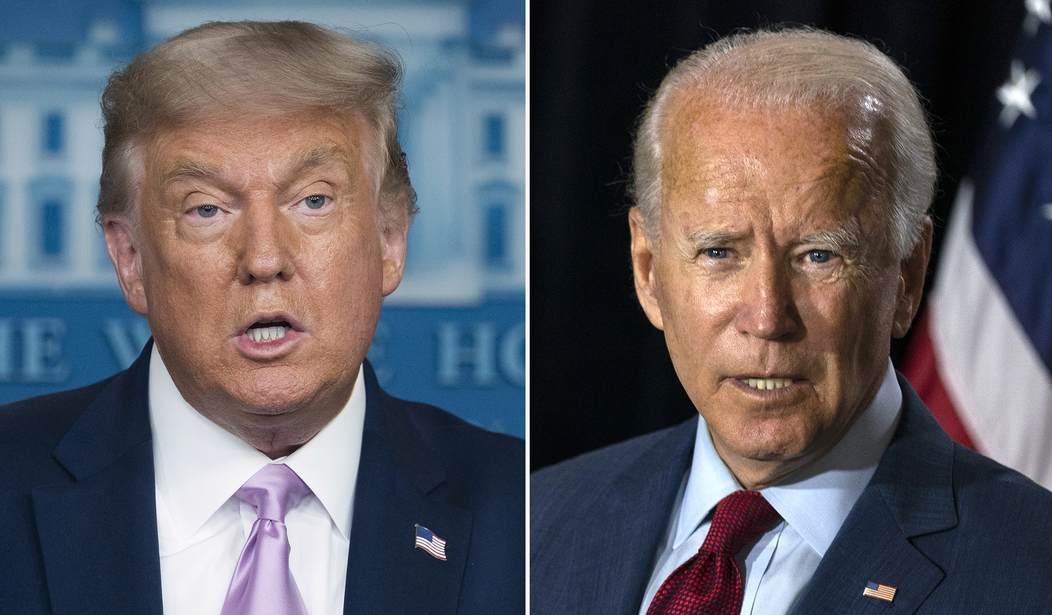It's a question that could get you censored on social media or maybe even arrested and held without trial if you ever protested about it. Despite the widespread attempt to declare the 2020 presidential election the most fair and secure election in history, large swaths of the country are not convinced and believe that the election wasn't conducted fairly at all. And according to a new study, they have good reason to feel this way.
An extensive analysis investigating the potential influence of fraudulent mail-in ballots on the 2020 election suggests that the outcome would have been markedly different if not for the substantial surge in mail-in voting.
The study from the Heartland Institute sought to assess the likely effects of fraudulent mail-in ballots, considering their impact on the results of the election. The research drew upon data derived from a December Heartland/Rasmussen survey which found that 20% of mail-in voters admitted to participating in at least one form of election fraud in 2020.
Over 43% of the votes cast in the 2020 presidential election were mail-in ballots — the largest margin in history.
The researchers took the data and subjected it to further analysis, and concluded that mail-in ballot fraud "significantly" impacted the results. The study concluded that "had the 2020 election been conducted like every national election has been over the past two centuries, wherein the vast majority of voters cast ballots in-person rather than by mail, Donald Trump would have almost certainly been re-elected."
Ultimately, our study shows that of the 29 different scenarios presented in the paper, Trump would have won the 2020 election in all but three (when mail-in ballot fraud is limited to 1–3 percent of the ballots counted). Hence, even if the level of fraud detected in our survey (28.2 percent of all mail-in ballots) substantially overstates the actual level of fraud that occurred, Trump would likely have won the 2020 election anyway. We have no reason to believe that our survey overstated voter fraud by more than 25 percentage points, and thus, we must conclude that the best available evidence suggests that mail-in ballot fraud significantly impacted the 2020 presidential election, in favor of Joe Biden.
"In the new study, Heartland analysts say that, after reviewing the raw survey data, subjecting it to additional statistical treatment and more thorough analysis, they now believe they can conclude that 28.2 percent of respondents who voted by mail committed at least one type of behavior that is 'under most circumstances, illegal' and so potentially amounts to voter fraud," reports The Epoch Times. "A Heartland Institute research editor and research fellow who was involved in the study explained to The Epoch Times in a telephone interview that there are narrow exceptions where a surveyed behavior may be legal, like filling out a mail-in ballot on behalf of another voter if that person is blind, illiterate, or disabled, and requests assistance. However, the research fellow, Jack McPherrin, said such cases were within the margin of error and not statistically significant."
Related: Let’s Address the Donkey in the Room About the 2024 Election
When vote tallies are adjusted for a conservative estimate of mail-in ballot fraud, 6% to 13%, Trump would have won Arizona, Georgia, Pennsylvania, and Wisconsin but still lost Michigan and Nevada, resulting in Trump winning 289 Electoral College votes and Biden only winning 249. A more conservative estimate of the number of fraudulent mail-in ballots (4-5%) would have resulted in a 269-269 split, but, as The Epoch Times noted, "President Trump would likely still have won because Republicans controlled more state delegations and, under a tie scenario, Congress would have voted based on the number of delegates." The researchers nevertheless expressed confidence that the level of mail-in ballot fraud was over 25%.
Of course, some dispute the study, saying that the survey it was based on was statistically meaningless because respondents not answering all questions positively doesn't necessarily mean that something illegal or fraudulent occurred.
“We know there was fraud in the 2020 election, but you can’t conclude that it was 20 percent or 10 percent or even 5 percent based on the survey because the questions that could lead to such conclusions were unclear,” Jim Womack, president of the North Carolina Election Integrity Team, told The Epoch Times.
McPherrin told the paper that while Womack made some valid points about the survey, they wouldn’t affect the study’s findings in a meaningful way.
In the end, the sad truth is that people will believe what they want to believe about the 2020 election, and sadly, there’s nothing that can be done about it now. What we need to do is implement commonsense election integrity reforms so that both sides can feel confident in the results of an election, regardless of the outcome.










